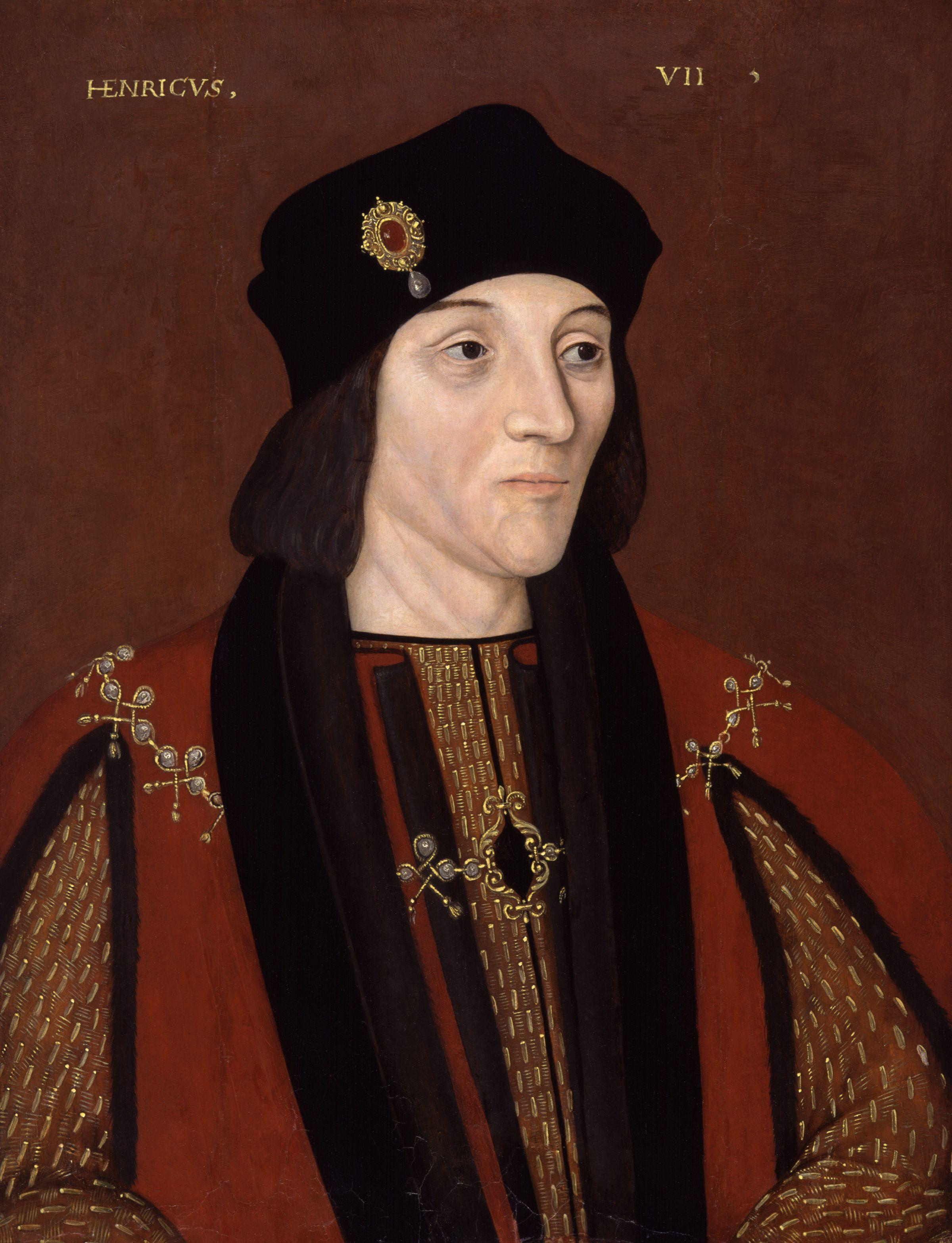| King Francis of France |
Letter written in 1533 from King Henry VIII of England to his ambassador in France - Thomas Boleyn - to pass on to King Francis of France. The letter mainly concerned the announcement of King Henry's marriage to Anne Boleyn, however other issues were discussed.
"requiring Henry's opinion touching the marriage projected by the pope between (Henry, son of King Francis) duke of Orleans, and (Catherine de Medici) niece of pope Clement (VII), to which the said lord Rochford shall state to Francis what he had already said...that considering the low extraction of the said niece of the pope, and the royal blood of the duke of Orleans, he thinks the marriage very unequal, and he is opposed to it, unless some great advantage arise from it...Should Francis think that there can be a counterbalance with respect to the marriage of the duke and the pope's niece, and his holiness should urge the same, then Francis shall be requested to inform the pope that his accepting Henry's excuse without delay is the only means of bringing the said marriage into consideration"
The timing of this letter is curious as it was in this year that King Henry married Anne Boleyn, who was a member of a noble family but was nonetheless a non-royal of "low extraction". Considering that at the same time King Henry was in a very similar situation and taking action which was entirely contrary to what he was advising the French King.
However, King Henry's dislike of this proposed marriage can be understood in terms of religion as at this time England was in opposition to the Church in Rome, and with a marriage connection between the Pope and the ruling house in France, Henry could have been under threat of a Catholic League on the continent.
 |
| Painting depicting the marriage of Henry and Catherine, 1550 |



